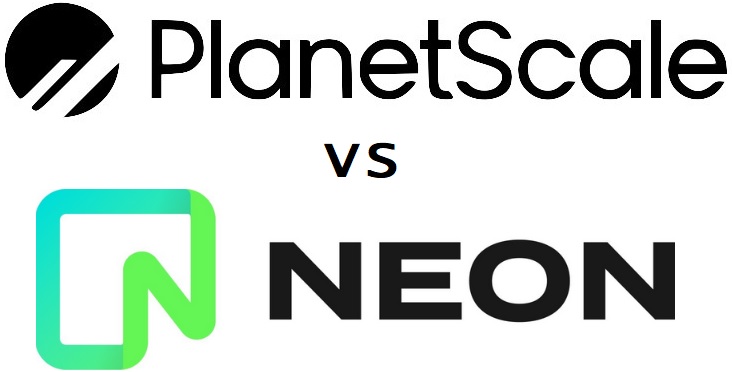
According to the 2023 Stack Overflow Developer Survey, PostgreSQL has achieved a significant milestone by overtaking MySQL as the most admired and desired database system among developers. This shift reflects a growing appreciation for PostgreSQL's robust feature set, reliability, and extensibility in the developer community.
This changing landscape has sparked innovation in the database-as-a-service space, particularly evident in the competition between two cutting-edge platforms: PlanetScale, built on MySQL, and Neon, powered by PostgreSQL. Both services are reimagining how developers interact with databases in the cloud era. These developments should be of interest to Navicat users, as both are fully supported by Navicat's comprehensive database development and management tools.
This blog will provide a comparison of the two services and offer some tips for choosing between them.
PlanetScale: MySQL's Modern Evolution
PlanetScale brings MySQL into the serverless age, leveraging Vitess, the same technology that powers YouTube's database infrastructure. Its standout features include database branching (similar to Git workflows), non-blocking schema changes, and automated scaling capabilities. Developers particularly appreciate PlanetScale's deployment workflow, which allows them to create development branches, make schema changes, and deploy with confidence through automated review processes.
The platform excels in:
- Developer-friendly database branching
- Seamless schema management
- Proven scalability
- Built-in connection pooling
- Zero-downtime schema changes
Neon: PostgreSQL's Serverless Innovation
Neon takes PostgreSQL's rising popularity and combines it with modern cloud architecture. It separates storage from compute, enabling true serverless scaling and instant database branching. Neon maintains full compatibility with PostgreSQL while adding cloud-native features that developers expect in modern platforms.
Key advantages include:
- Full PostgreSQL feature compatibility
- Efficient storage architecture
- Serverless autoscaling
- Instant branching capabilities
- Cost-effective resource utilization
Choosing Between the Platforms
The choice between PlanetScale and Neon often aligns with specific project needs and team expertise. PlanetScale is particularly attractive for teams with MySQL experience who need proven scalability and appreciate Git-like workflows. Its schema management tools and deployment safety features make it especially suitable for teams working on rapidly evolving applications.
Meanwhile, Neon appeals to developers who prefer PostgreSQL's advanced features and want to leverage them in a serverless environment. Its storage-compute separation and efficient resource utilization make it particularly cost-effective for applications with variable workloads.
Conclusion
PlanetScale and Neon represent the future of database management, offering developers powerful tools to build and scale applications without the operational overhead of traditional database management. Their emergence highlights how the database landscape is evolving to meet modern development needs, with both MySQL and PostgreSQL finding new ways to serve developers through innovative platforms.
The competition between these platforms showcases how the database market continues to evolve, with each solution bringing unique strengths to the table. As PostgreSQL's popularity continues to grow, as evidenced by the Stack Overflow survey, we can expect to see continued innovation in both services. Moreover, the availability of professional grade database management tools like Navicat, which supports both PlanetScale and Neon, ensures that developers can maintain their preferred workflow regardless of their platform choice. Navicat's comprehensive toolset, combined with the innovative features of both platforms, provides developers with all of the necessary tools for building and managing modern applications.










